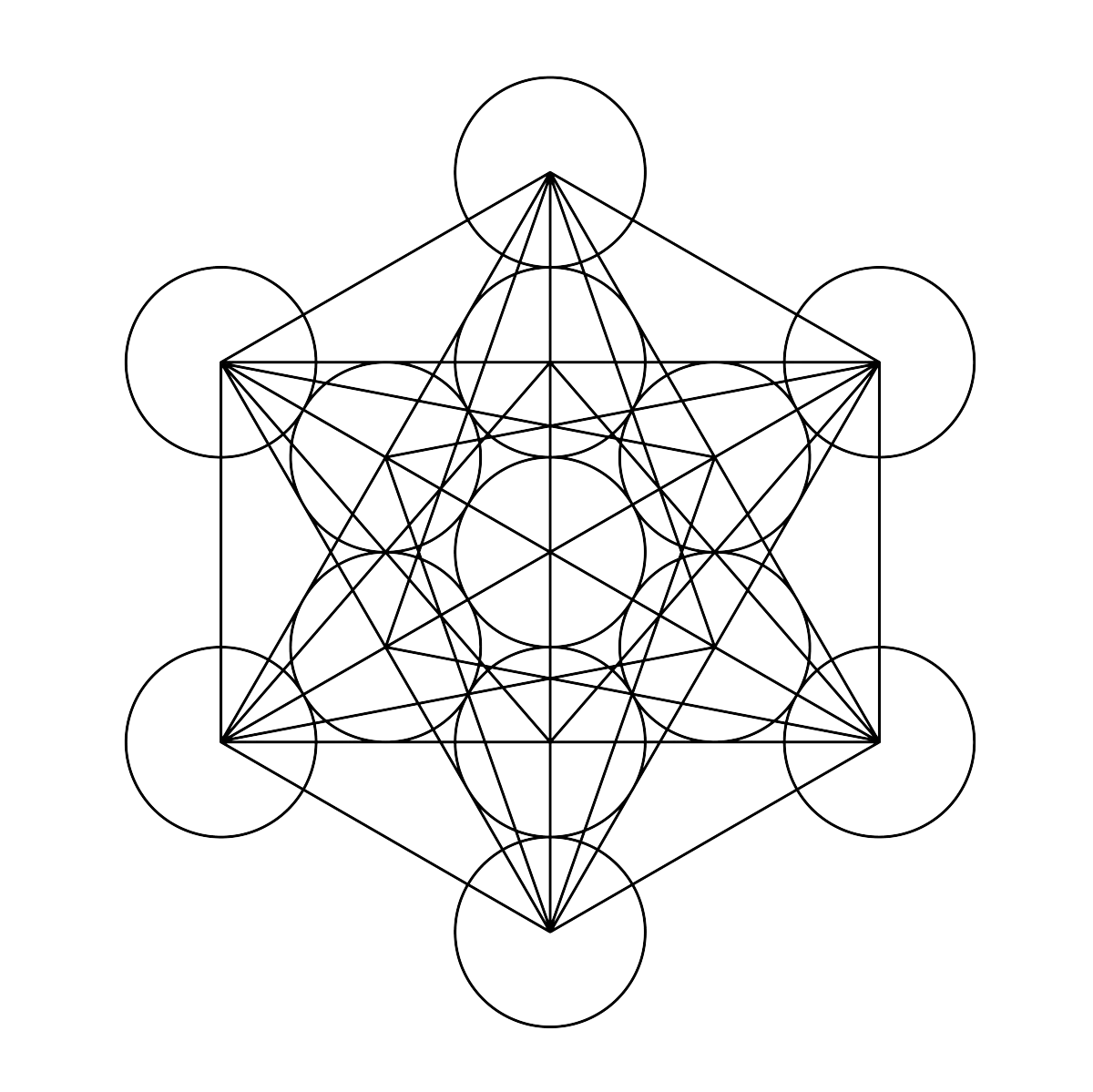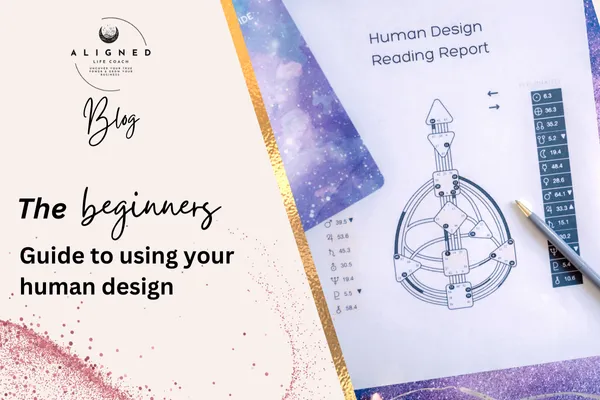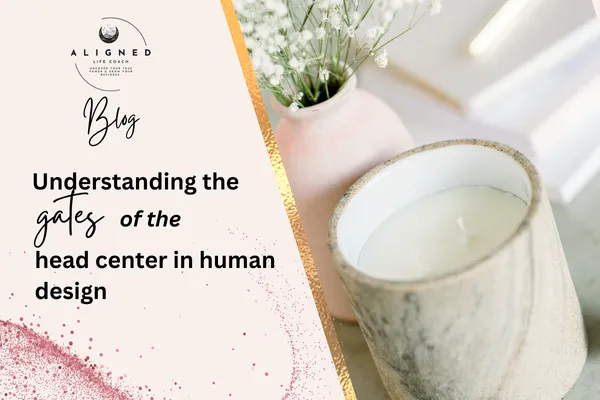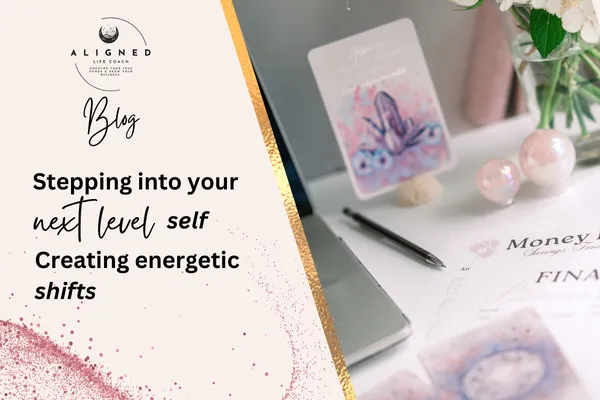Get your free human design starter kit!
A powerful tool-kit for those ready to understand human design, to connect with their authentic selves, shift the patterns holding them back, and step boldly into their divine purpose.
Who I am and how I can help you.
Hello I am so excited you are here!
You’re not lost — your old life just doesn’t fit anymore.
If you're feeling a quiet nudge for something more — but you're scared to make the wrong decision, stuck in fear of failure, feeling frustrated or unsure what your next chapter looks like — take a breath. You’re not alone.
Maybe you’ve built a life that once made sense — the job, the roles, the responsibilities — but now it feels like you’re going through the motions. Or maybe life has changed — through divorce, loss, or burnout — and you’re questioning who you are and what comes next.
That inner nudge you feel? The one that says there has to be more than this?
That’s your soul speaking.
I’m Louise, and I guide women like you who are awakening to the realisation that they’re meant for something different. I help you move through the fear, uncertainty, and self-doubt — so you can uncover what you really want and begin building a life that feels like yours.
Through energy healing, Human Design, holistic coaching, and soulful practices, we gently clear what’s been holding you back so you can connect with your inner truth, your purpose, and the courage to create your next chapter.
You’re not broken.
If you’re ready to stop ignoring the nudge and start building a life that lights you up — I’m here to walk with you.


Helping you come home to yourself.
Hi I'm Louise
A Manifesting Generator (5/1), a multi-passionate spiritual seeker, and a lover of all things Human Design, spiritual growth, personal development, and crystals. I started my business in 2012 after overcoming an eating disorder and leaving a corporate job that drained me. I had a lot to work through, and that journey shaped who I am today.
Now, I’m deeply passionate about empowering you to shift from confusion, self doubt and stuckness to remembering your magic, finding clarity and a freedom to move forward.
MY APPROACH
Miracles are natural
You soul purpose is calling
For years, I was in a high-achieving corporate role that looked successful on the outside but left me burnt out, disconnected, and unfulfilled. I struggled with stress, exhaustion, and an eating disorder, all while trying to force myself into a system that didn’t support the real me.
Eventually, I followed the call back to myself. I started my own aromatherapy product line and healing practice, and later stepped fully into the world of Human Design, energy work, and soul-led coaching. It hasn’t always been easy — there were doubts, detours, and lessons along the way — but every step brought me closer to the work I was meant to do.
Now, I support soul-led women who feel like their old life doesn't fit anymore. Women who have an inner nudge for something new or different. Women who have a niggle … like their destiny is just out of sight. and they don’t want to miss it. If you’re craving clarity, confidence, and a reason to jump out of bed in the morning— you’re in the right place.
Using Human Design, energy healing, and intuitive coaching, I’ll help you:
✨ Tune into your inner nudge, give it time and space for it to grow and develop - I call this the awakening.
✨ Understand your unique Human Design so you can honour how you are meant to live, choose, and move forward
✨ Create new, empowering beliefs that align with your true self
✨ Reconnect with your purpose, power, and inner guidance
✨ Gain the clarity and confidence to create a life that truly lights you up
You don’t need to have it all figured out. You just need a safe space to come home to yourself — and that’s where we begin. 💫
How I can help you

Human Design
Discover your unique blueprint for decision-making energy alignment and your unique gift and talents.

Coaching
1:1 and group coaching for women who feel stuck, lost, or unsure of their direction. I help you clear what’s holding you back so you can reconnect with your true self and move forward with clarity and confidence.

Energy Healing
Energy healing designed to help you release energetic blocks and help you to move forward with clarity and ease.
New on the blog...

The beginners guide to using your human design
How to use and implement your human design in your life and business for way more ease and flow

Understanding the gates of the head center
Learn about the three gates of the head center and how they influence your mindset, decision-making, and creativity

Step into your next level self - Creating energetic shifts
Learn how to fully embrace your potential by aligning with the version of you who already has what you desire.
"It's like realising you're special when you thought you were s*@t for so long"
- Angela

FREE DOWNLOAD
Get your free human design starter kit!
A powerful toolkit for those ready to understand human design to connect with their authentic selves, shift the patterns holding them back, and step boldly into their divine purpose.
FREE DOWNLOAD
Headline that hooks people in, gets them excited and makes them want to sign up.
© Copyright 2023 Aligned by Louisa B - Privacy Policy - Terms & Conditions